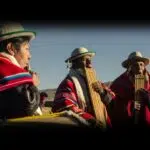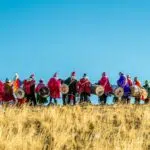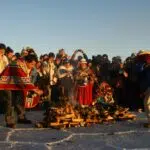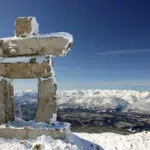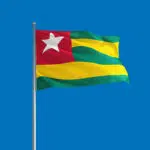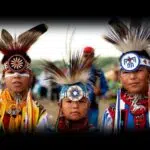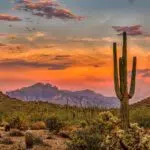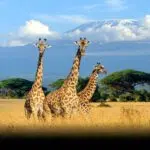Aymara New Year’s Day is celebrated every year on June 21. This day is among the many New Year’s celebrations of the Andean region, including Bolivia, Peru, Argentina, and Chile. The Aymara New Year is celebrated with an emphasis on the rituals and traditions associated with the Aymara people, whose descendants include modern-day Bolivians, Peruvians, Chileans, and Argentinians. The day is also known as ‘Willkakuti,’ which is the Aymara word for the ‘Return of the Sun’ and commemorates the winter solstice in the Southern Hemisphere.
History of Aymara New Year Day
Aymara New Year’s Day is celebrated yearly in Bolivia, Peru, Chile, and Argentina. This annual celebration is a part of celebrations across the multiple Andean countries and cultures in the Southern Hemisphere Andean people celebrate the new year with their respective traditions.
The Aymara New Year goes by several names among the Aymara people. The most common name is ‘Willkakuti,’ which means the ‘Return of the Sun.’ The other names for this festival are ‘Machaq Mara,’ which are the Aymara words for ‘New Year, ‘Mara T’aqa,’ ‘Jach’a Laymi,’ and ‘Pacha Kuti.’ The Spanish words for this celebration are ‘Año nuevo Aymara’ which refers to the collective new year’s celebrations by the people of the Andes and the Amazon regions.
The Aymara are among the most prominent indigenous peoples of Bolivia. Historically, they were the indigenous peoples of the Andes and Altiplano regions in South America before the Spanish colonization; they were one with other Andean cultures under the Inca Empire.
The Aymara people’s traditional culture was based on nature. Practices included offerings sacrificed in honor of various supreme beings. God ‘Inti’ is a representation of the ‘Sun,’ and the goddess ‘Pachamama,’ who was a personification of the Earth.
With colonization, traditional practices and celebrations were altered, with the Spanish colonizers imposing Catholicism on the indigenous people. However, the people only accepted Catholicism nominally, and today their religious practices are a mix of Catholicism and traditional folk beliefs and practices. Among these beliefs is the practice and ritual of celebrating the Aymara New Year.
Aymara New Year Day timeline
The Aymara settle in Bolivia and develop their culture.
The Incas expand their empire to the Aymara land.
Spanish culture spreads to South America through colonization.
The Bolivian government declares the Aymara New Year a holiday to honor indigenous cultures.
Aymara New Year Day FAQs
What do the Aymara eat?
The Aymara eat potatoes, beans, peas, corn, quinoa, and ‘aji.’
What do Aymara people believe in?
Aymara people are nominally Roman Catholic, but they practice their traditional beliefs along with catholicism.
How many Aymara people are there?
There are about 500,000 to 600,000 Aymara people across the Andean countries.
Aymara New Year Day Activities
Share information about the Aymara people
This is a great day to understand and celebrate the Aymara people. Get informed about the culture and celebrate it on this day.
Participate in the rituals
Ask your Aymara friends how you can join in and support them on this day. Participate in the rituals respectfully and bring in the new year.
Organize a local gathering
Find the Aymara people near you and bring them together in a gathering on this day. Facilitate a collective celebration of the new year in your area.
5 Facts About Aymara That You Probably Didn’t Know
There is an official flag
The Aymara flag is called the ‘Wiphala’ and has seven colors.
Most people know Spanish
Most Aymara people speak Spanish very well, and it is their first language.
Coca as traditional offerings
Coca plants used to make cocaine are part of ritual offerings given to Aymara Gods.
The women wear bowler hats
Since the 1920s, Aymara women have been wearing bowler hats as part of their distinct style.
El Alto is the urban center
The town is modern and is close to La Paz, the Bolivian capital.
Why We Love Aymara New Year Day
We love the continuation of the culture
We think it's commendable that the Aymara people have been around for thousands of years. We love to see the celebration of culture.
We want to revitalize traditional celebrations
We think it's a shame that so many cultures assimilated into the cultures of their colonizers. We want to help revive traditional celebrations.
We want to celebrate authenticity
We think that people who celebrate their traditions are true to themselves. We want to support them for it.
Aymara New Year Day dates
| Year | Date | Day |
|---|---|---|
| 2025 | June 21 | Saturday |
| 2026 | June 21 | Sunday |
| 2027 | June 21 | Monday |
| 2028 | June 21 | Wednesday |
| 2029 | June 21 | Thursday |


